Detecting Ulcers In Your Horse
The majority of horses with gastric ulcers don't show outward signs and can appear healthy. However, there is an array of subtle signs that could indicate that your horse has ulcers, such as poor appetite, attitude changes, decreased performance, reluctance to train, poor body condition, poor hair coat, weight loss, consistently stretching out, excessive laying down, low-grade colic, and loose feces. Any sign of a combination of these signs could mean that your horse has ulcers. Horses with more severe cases can show abdominal pain and/or grinding of their teeth. If you suspect that your horse may have ulcers, the only definitive way to diagnose ulcers is having your veterinarian scope your horse. By scoping the horse, your veterinarian is able to examine the lining of the esophagus, stomach, and a little portion of the small intestine in order to determine if ulcers are present.
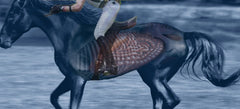
Performance Horse's Have An Increased Risk Of Ulcers
One of the greatest factors causing ulcers in performance horses is meal feeding. Typically, horses are fed on a meal basis because of the convenience to fit into our busy schedules as horse owners. However, when horses are allowed the opportunity to graze freely or eat hay throughout the day, they rarely have problems with ulcers. The reasoning for this is that horses are naturally designed to consume feed continuously. Their stomachs are very small in comparison to the rest of the digestive tract. In addition, the horse's stomach produces gastric acid at all times. Without consistent access to feed, the small stomach is emptied and exposes the lining of the stomach, which can then easily be eroded by the acid. When horses are grazing throughout the day, they also are stimulating saliva production, the best natural buffer for stomach acid. By letting a horse have continuous access to feed, you allow them to better regulate their body and better protect themselves against ulcers.
Types of Feed Can Influence Prevalence
Another factor contributing to ulcers is the types of feed your horse is eating. Concentrates not only stimulate gastric acid production but also require minimal chewing and therefore less saliva is produced. Saliva production during concentrate consumption is decreased by half in comparison to saliva production when consuming hay. Therefore, horse owners are better off to feed free-choice hay and limit their horses to no more than a few pounds of concentrate per day, broken up into at least two feedings. Research has also shown that adding alfalfa hay can help to decrease the risk of ulcers. Alfalfa helps to act as an antacid because of the high levels of calcium, which help buffer the stomach acid.

High-Intensity Exercise Also Can Contribute to Ulcers
Ulcers most commonly occur in the top portion of the stomach because the lining doesn't have as much protection from the stomach acids. As the horse is worked, acid splashes around in the stomach and the upper portion of the stomach that is not typically exposed to acid comes in contact with the erosive juices, making the exercised horse more susceptible to ulcerations than a sedentary horse. In addition, exercise stimulates gastric acid production and decreases the amount of blood flow to the GI tract, further increasing the chance of ulcers. Therefore, we need to handle all other aspects of horse management and provide probiotics to maximize gut functions in order to minimize the risk of ulcers during much-needed conditioning and training.
Take Caution When Administering NSAIDS
When campaigning a performance horse, there are always the common soreness and ails that need to be treated. However, chronic use of NSAIDS, such as bute and banamine, can contribute to ulcers. These NSAIDS block the production of Prostaglandin E2 and decrease the stomach's protective mucus layer. Low levels of Prostaglandin E2 increase acid production. The combination of increased acid and a decreased protective layer further increase the chances of ulceration. Therefore, only use NSAIDs when absolutely necessary. If you need to use an anti-inflammatory continuously, talk to your veterinarian about other NSAID options, such as Previcox.
Treatment Options For Horses With Ulcers
There are multiple options in treating ulcers, which will allow you to choose the best option for you and your horse. Acid pump inhibitors, such as omeprazole, inhibit the production of gastric acid completely. This is typically prescribed for 3-4 weeks after a veterinarian diagnoses ulcers. Another option is histamine blockers. Histamine blockers limit the production of stomach acid. Antacids help buffer the acid; however, they are very short-acting. Although typically impractical for the long term, the horse may benefit when given antacids before a stressful event such as a competition. Aloe vera juice or gel may help to soothe ulcers as well. It is important to provide horses with ulcers a vitamin-mineral supplement while supporting their G.I. system with a product like Gut Guard and minimizing grain. Add calories with oil if need be.
Prevent Ulcers For A Happy, Healthy Horse
Prevention of ulcers should always be taken into consideration when assessing the management of your horse's health. Feeding your horse a supplement that provides probiotics to ease digestion and curate a healthy micro-flora population will help decrease risk of ulcers. Gut Guard is a powerful combination of live probiotics, prebiotics & live yeast 100% dedicated to gut health.
When managed correctly, ulcers in horses can be healed and very commonly prevented from occurring again. While ulcers are essentially "man-made", they are very manageable. With proper nutrition, access to free-choice hay, feeding a vitamin-mineral supplement with little grain, digestive aids such as probiotics, minimal use of NSAIDS, and an array of treatment options, you will be able to regain a happy, healthy horse that is able to compete at its highest level.

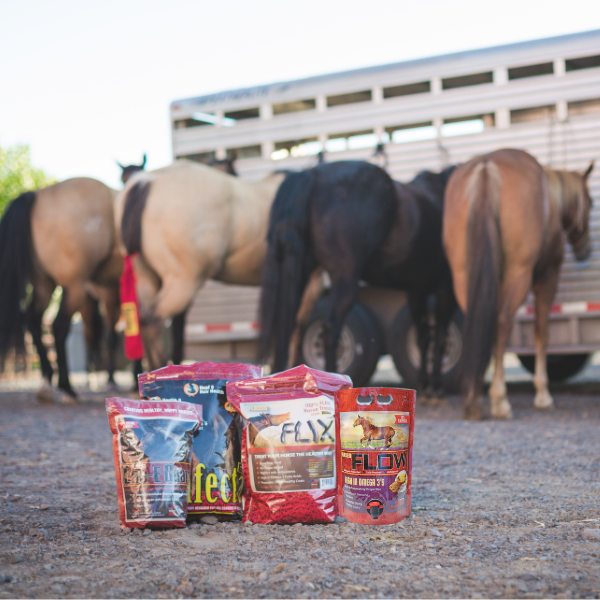
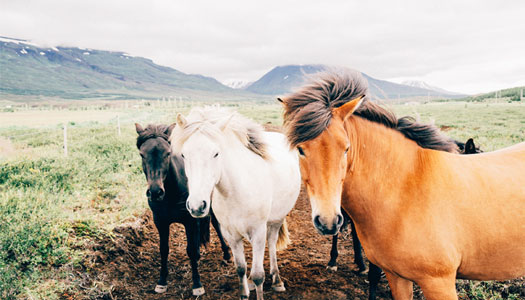
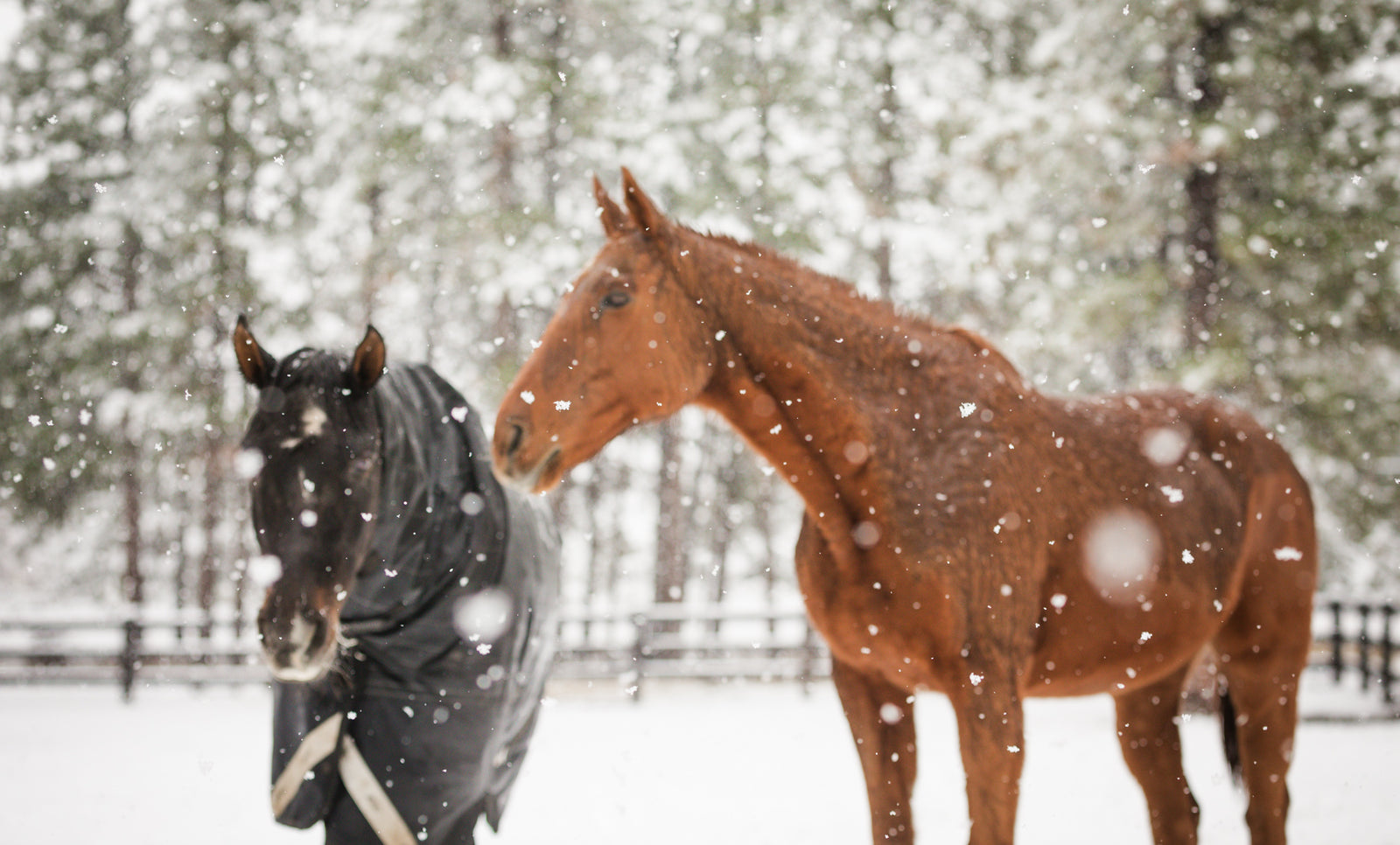
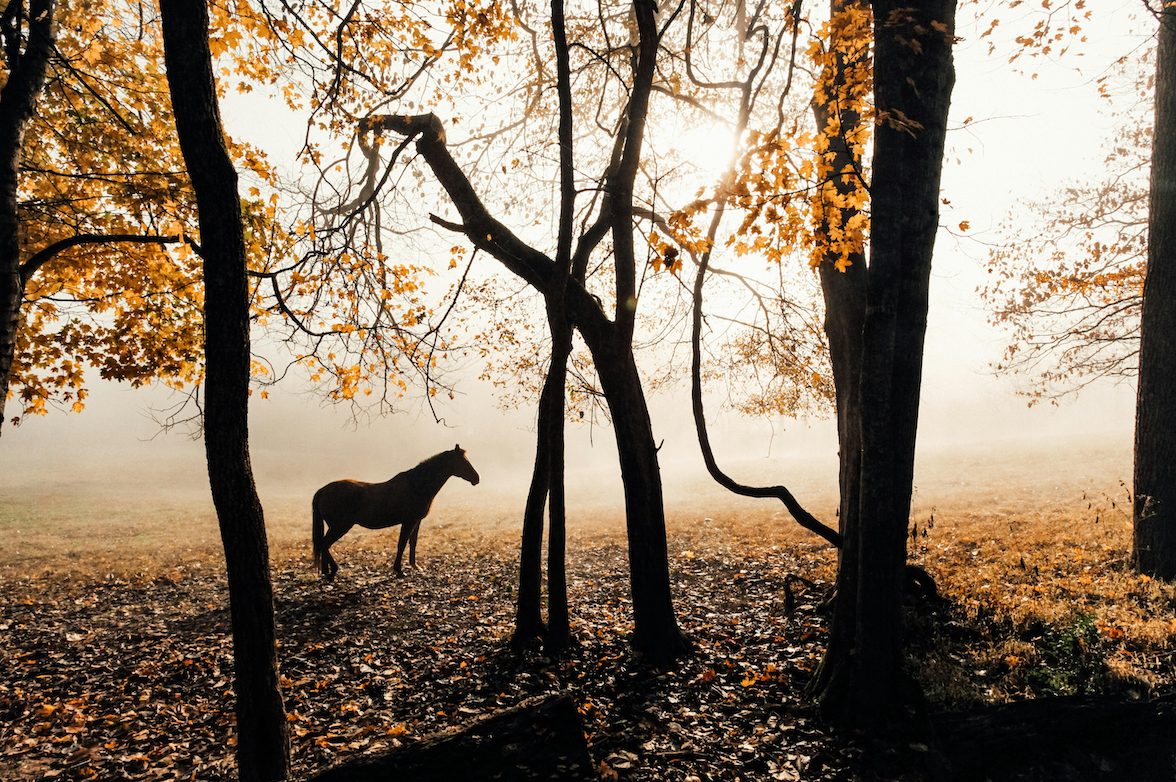

Sandra Schwab
November 20, 2024
HI. I have a 25 year old senior mare she has been ill with an infection in the lining of her lung and mild ulcers. She just completed treatment and is starting to eat a little grain again. She has lost quite a bit of topline during being ill and need to help her regain her weight with out feeding her something high in sugar. She is getting alphalfa pellets (soaked) Standlee gut health to help buffer the acid. The hay where she is kept is just a grass hay and I have no controll of it but she is getting free choice of it. She just started eating her sr. grain again (Sr Strategy) What do you reccomend that is not high in sugar to help her gain weight. She is a picky. I bought a bag of ultimate choice top dressing that smells like cookies and she won’t touch it. 42.00 down the drain.
———
Horse Guard replied:
Sandra,
Sorry to hear about your mare. I would recommend Super Weight Gain. Super Weight Gain<https://www.horseguard.com/shop/store/horse-health/overall/super-weight-gain/> will provide:
A complete vitamin-mineral supplement to meet any deficiencies * A gut supplement with prebiotics, probiotics, and live yeast cultures to help stabilize the gut flora to help them get more out of the feed they are consuming * The cool-energy base of full-fat extruded soybeans that are high in protein and fat to help put on weight and build topline It is low in sugar and starches, making it a great match for your horse.Kelsey Johnson Nonella, Ph.D., PAS
Equine Nutritionist, Horse Guard, Inc.<http://www.horseguard.com/>
3848 NW 91st St. Redmond, OR 97756
Facebook<https://www.facebook.com/HorseGuard/> | Instagram<https://www.instagram.com/horse_guard/> | You Tube<https://www.youtube.com/channel/UCQMpOMX6hR2uv1w3IParGQw> | P: 800.553.4246 | F: 866.304.0944
[Horse Guard SMALL] Since 1978 we have dedicated our efforts to providing the highest quality nutrition products for horses. Our success is healthy happy horses and horse owners.